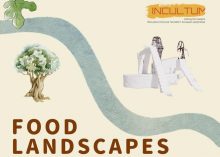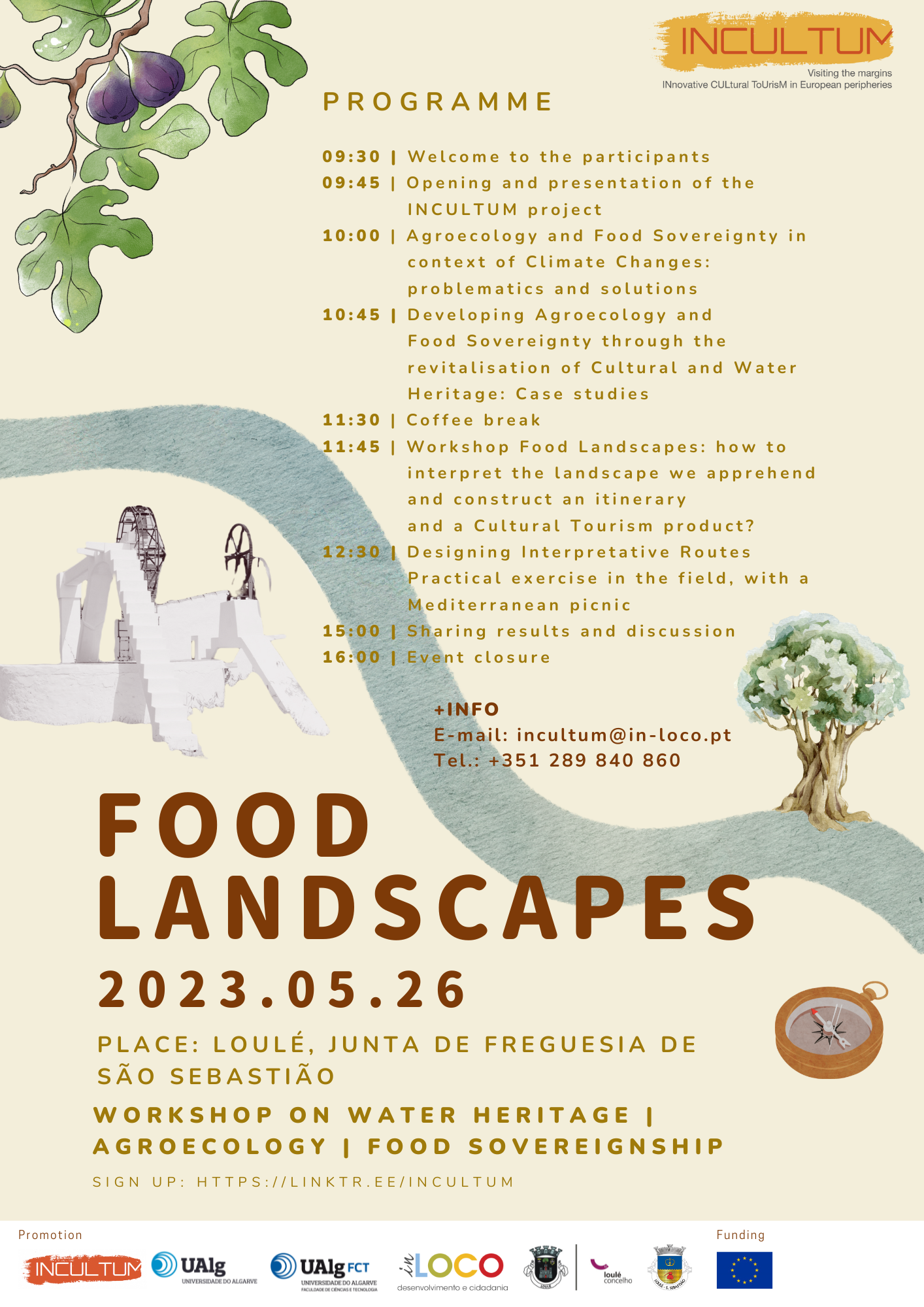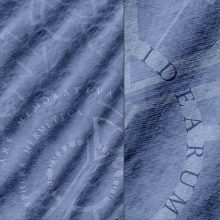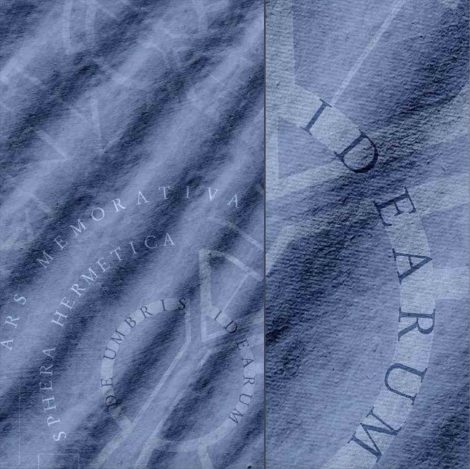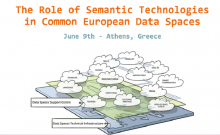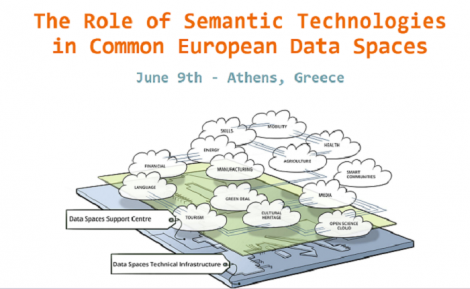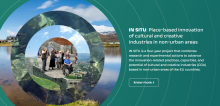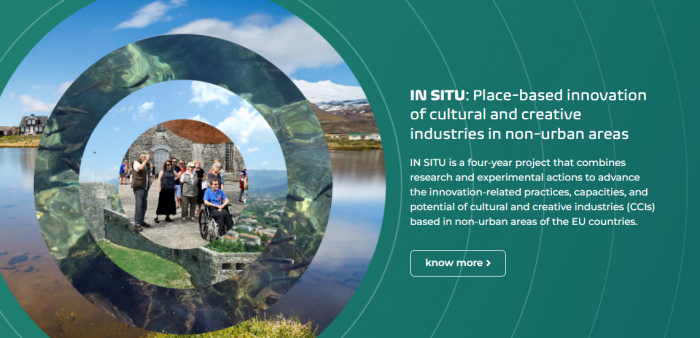
The annual EGI 2023 conference gathers international scientific communities, computing and service providers, European projects, security experts, community managers, and policy makers, to share and discuss the recent trends of research in data-intensive processing and analytics forward.
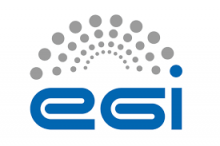 EGI is the federation of computing and storage resource providers united by a mission of delivering advanced computing and data analytics services for research and innovation., and is one of the technical partners in EUreka3D, with the task of developing a data hub and new services dedicated to cultural heritage institutions, to support digital collections management and sharing.
EGI is the federation of computing and storage resource providers united by a mission of delivering advanced computing and data analytics services for research and innovation., and is one of the technical partners in EUreka3D, with the task of developing a data hub and new services dedicated to cultural heritage institutions, to support digital collections management and sharing.
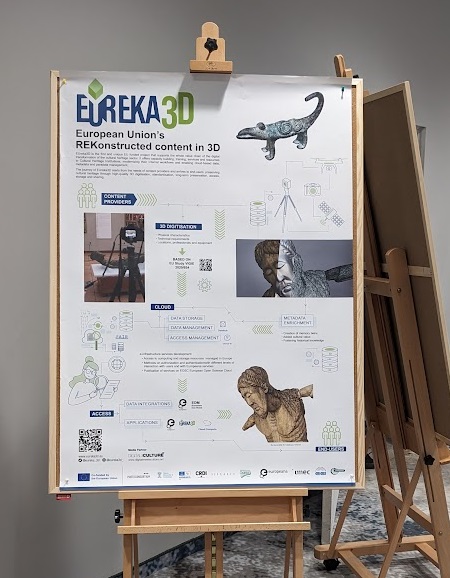 On the occasion of the EGI conference, the first version of the EUreka3D DataHub will be presented in a poster and informative flyers are also distributed to the audience.
On the occasion of the EGI conference, the first version of the EUreka3D DataHub will be presented in a poster and informative flyers are also distributed to the audience.
Read more and download the materials >>>
The presentation follows the recent publication of the project’s D3.1 Report on the EUreka3D services and resource hub: design and implementation.
In this initial deliverable, the DataHub and services currently under development are described. These facilities and resources will enable Cultural Heritage Institutions to access a virtual data space, use storage and computing resources to manage their 3D assets in a secure and easy to use and integrate manner. Additionally, this approach is intended to be an illustrative use case to provide an innovative cost-effective solution to data storage and the online delivery of heritage assets, by providing CHIs with a secure environment, which is technically more flexible and energy efficient.
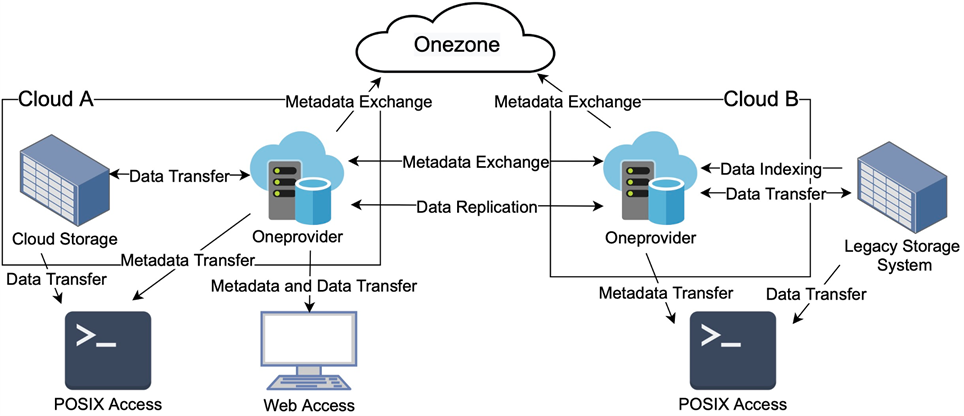
EGI DataHub deployment diagram
This document is the first technical deliverable of the project and presents the design and initial implementation of the EUreka3D services and resource hub (what can be considered the “EUreka3D infrastructure”). The deliverable presents the general concepts behind the services such as Cloud computing and data management, followed by description of the service architecture and design, used technologies and hardware resources provisioned for deployment of the service.
The final product will be extended during the project to meet its future technological infrastructure and capacity needs, so it will be fully described in Deliverable 3.3 at the end of the project (December 2024).
- Download the D3.1 Report on the EUreka3D services and resource hub: design and implementation from the project’s website



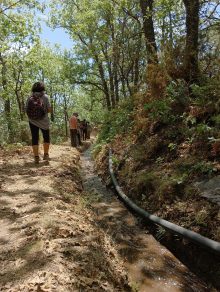
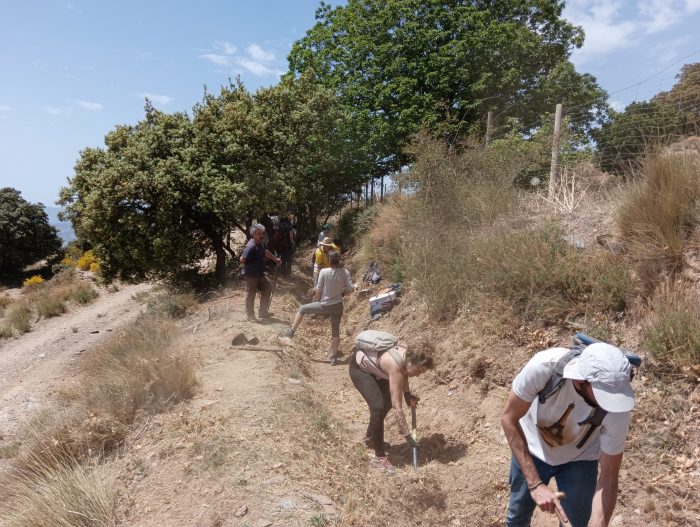
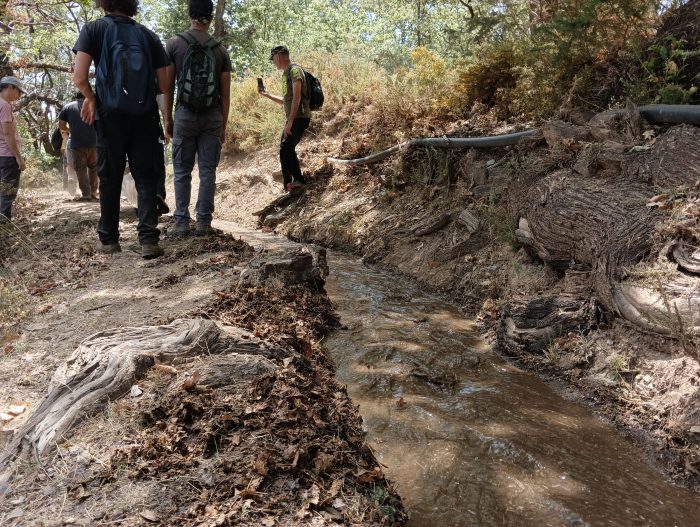
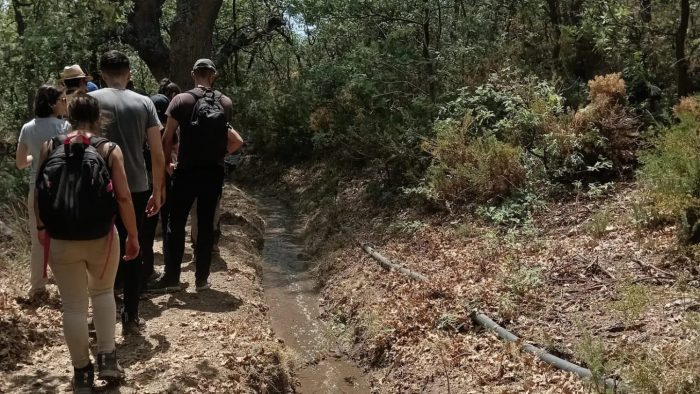
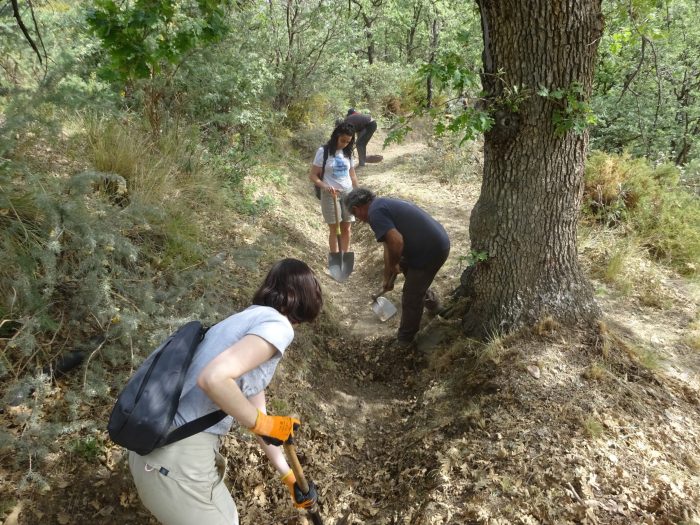
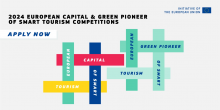
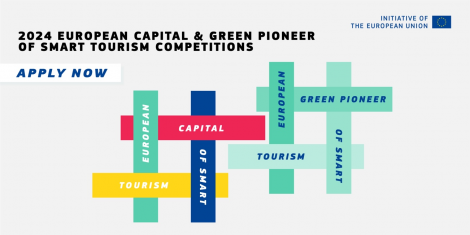
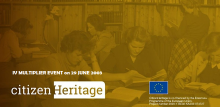
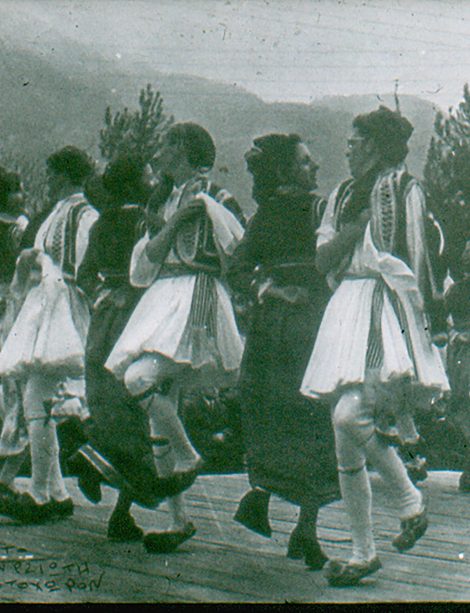
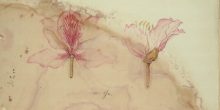
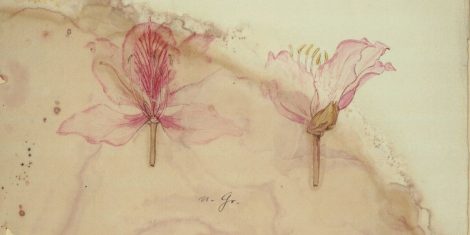
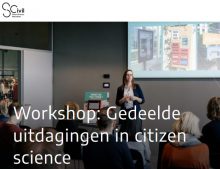
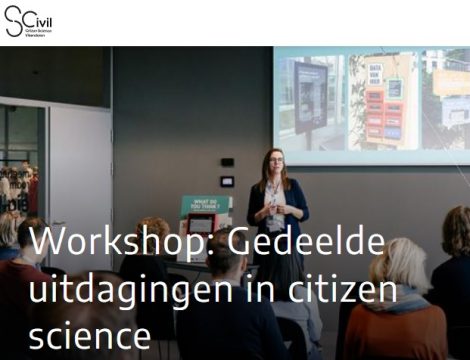 There are many unique challenges involved in setting up citizen science. Scivil, a Flemish knowledge center for citizen science that promotes citizen science projects in Flanders and beyond, is organizing a workshop on 31/5/2023 with three parallel tracks to discuss these challenges and come up with possible solutions together.
There are many unique challenges involved in setting up citizen science. Scivil, a Flemish knowledge center for citizen science that promotes citizen science projects in Flanders and beyond, is organizing a workshop on 31/5/2023 with three parallel tracks to discuss these challenges and come up with possible solutions together.